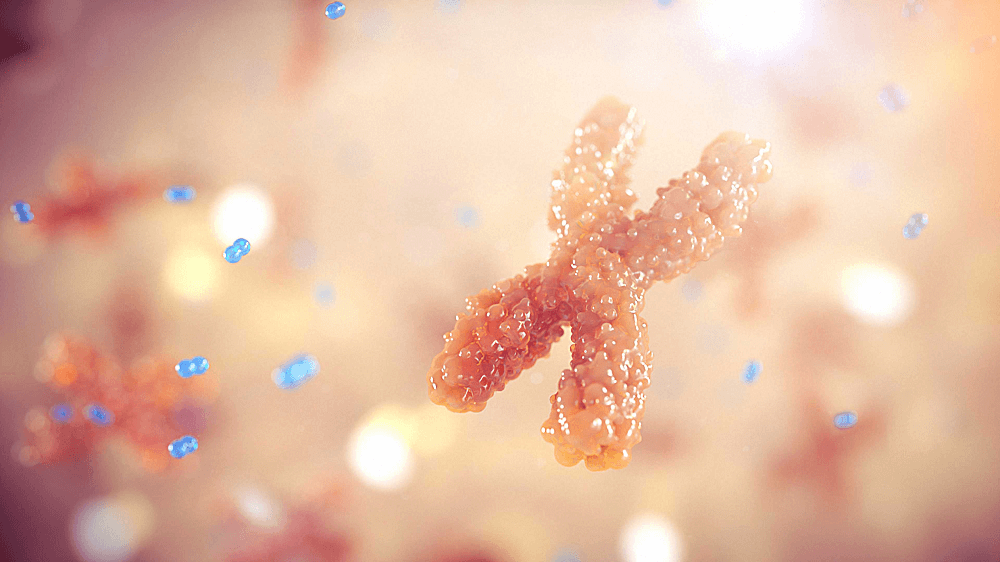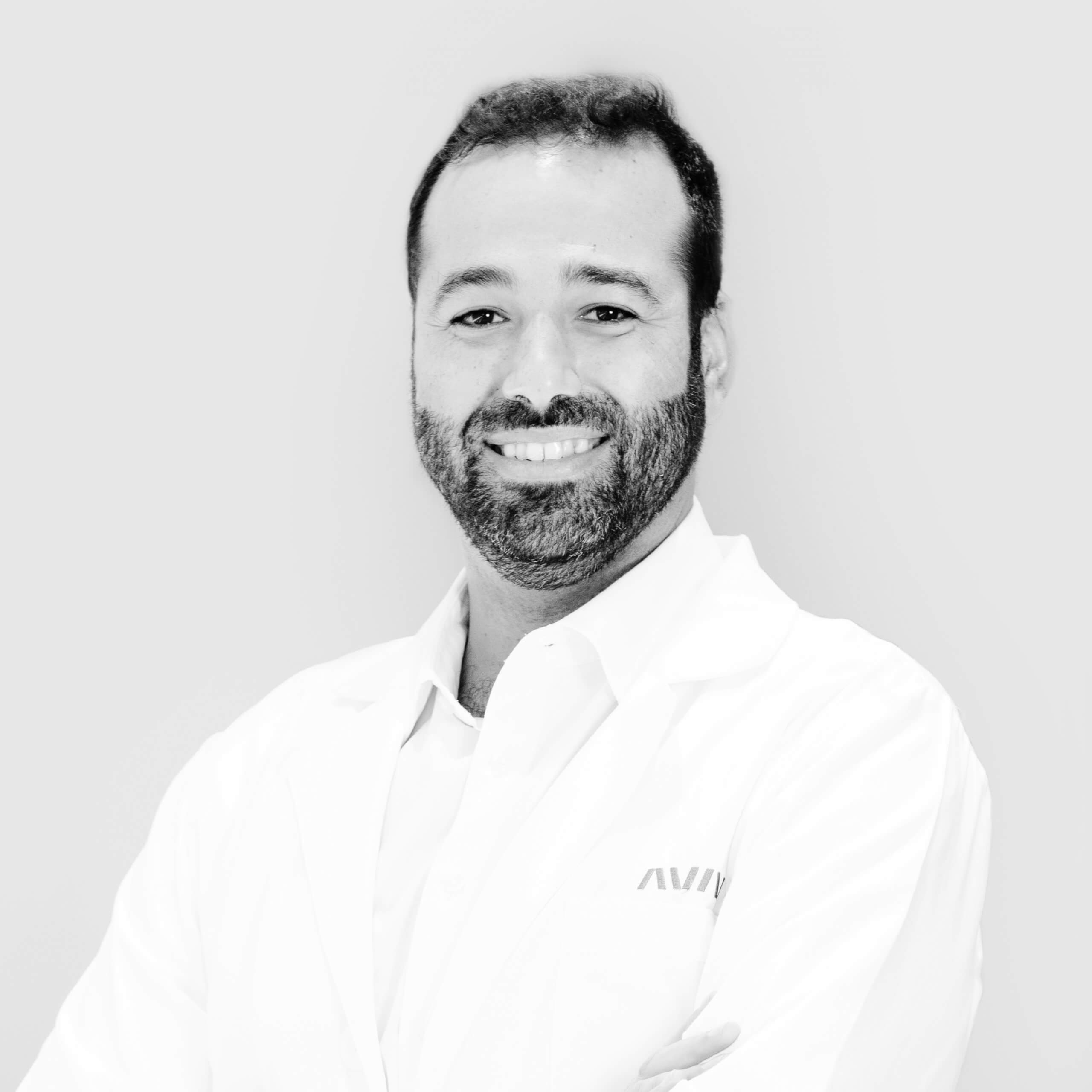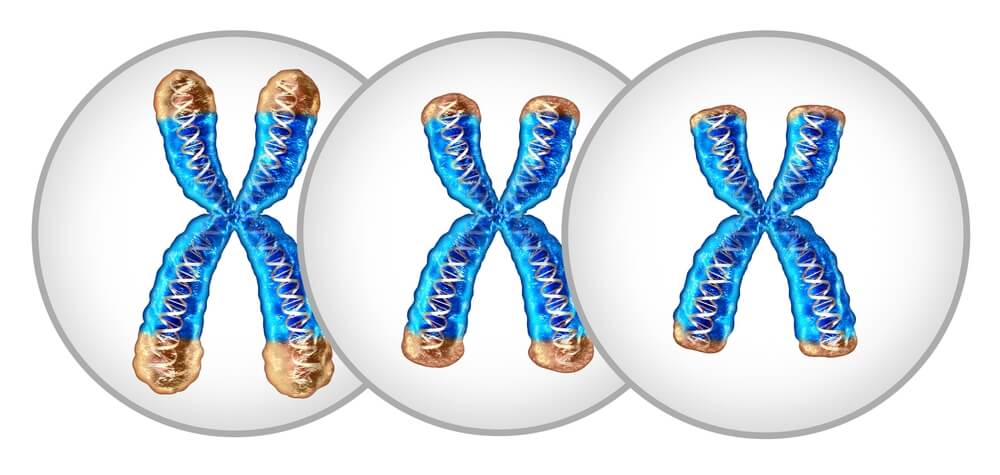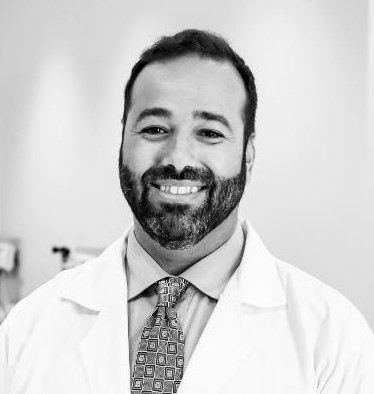
Telomere Lengthening Therapy: Can Hyperbaric Oxygen Reverse Biological Aging?


Aging is an inescapable part of life: Our spines shrink, our skin begins to wrinkle, and memory may weaken. But what if aging was escapable — or at least reversible? What if scientists were able to target one of the root causes of aging in our cells and treat aging as if it were an illness instead of an inevitability?
Here is where the link between telomeres and aging comes in.
The Science of Telomere Length and Hyperbaric Oxygen Therapy
Researchers in Israel have conducted the world’s first study to prove that biological aging can be reversed:
- Scientists were able to reverse the biological aging process in the cells of “thirty-five healthy independently living adults, aged 64 and older” through the targeted application of a unique hyperbaric oxygen therapy (HBOT) protocol.
- One of the critical biomarkers of age, telomeres, naturally shorten during the aging process. The breakthrough research study showed HBOT may aid in “increasing telomere length…in the aging populations.”
These findings are truly groundbreaking, especially given the accessibility of hyperbaric oxygen treatment. However, Aviv Clinics in central Florida is the only center in the United States to offer this unique HBOT treatment protocol as part of a comprehensive, personalized medical program.
So how did these researchers manage to reverse the biomarkers of aging, a seemingly impossible task that previously existed only in science fiction? The answer lies in telomeres — a critical component of our DNA.
Telomeres: The Chromosome Caps Behind Cellular Aging
A telomere is a protective cap found at the end of each chromosome in the human body. Made up of DNA and proteins, telomeres are considered one of “two key hallmarks of the aging process.”
When we consider how we age, there are two types of age to keep in mind:
- Chronological age, or how many years we have lived
- Biological age, or the age reflected in our cells and our body’s functions
When considering telomeres, here’s how they manifest in our biological age:
- Short telomeres equate to an older biological age because they are less able to protect our chromosomes from degrading.
- Longer telomeres protect our chromosomes and equate to a healthier, younger biological age.
So it is entirely within reason for a healthy 70-year-old (chronological age) to be much younger (biologically speaking) if they have long, healthy telomere caps to continue to protect their cells.
How Telomeres Protect Our DNA
Telomeres work much like aglets, the hardened end caps on our shoelaces. Those components on your shoelaces protect the delicate strings they are connected to. Without a protective cap, a shoelace can quickly become frayed, weak, and ultimately unusable.
As long as the aglet caps persist, a shoelace can stay intact for quite some time. Similarly, telomeres prevent damage from occurring to your underlying DNA:
- With intact telomeres, your cells are protected and can continue functioning normally.
- Without telomeres, your cells essentially begin to age and die.

Why Telomere Integrity Matters for our DNA and Cells
Our chromosomes are made up of long strings of DNA molecules. DNA is a commonly understood building block of human biology, but few people go through life consciously thinking about how DNA functions.
Let’s change that with some facts:
- Your DNA contains the biological instructions necessary for your body to continue developing.
- Trillions of cellular processes occur within a human body every second.
DNA manages those processes, calmly instructing your cells to divide, consume, and produce complex proteins to stay alive. Telomeres are the protective caps on our chromosomes, which is why telomeres play an important role in this function.
Telomere Shortening and Age-Related Disease Risk
Imagine using an office copier: You run the original of a document through once, then make copies of that copy. Each generation loses a bit of sharpness and the quality degrades slightly. Our chromosomes behave in much the same way. As we age chronologically, our cells continue to divide, and in each successive copy, our telomeres shorten and degrade slightly. Over generations of continuous cell division, these telomeres become too short to effectively shield our chromosomes and DNA. This leaves us more vulnerable to age-related conditions and other biological effects of aging.
Some of the common diseases of aging — which can be triggered by telomere attrition — include:
- Heart disease
- Stroke
- Diabetes
- Cancer
- Dementia
When the telomeres in your cells become too short, cells can enter an aged, unhealthy state called senescence. In senescence, a cell continues to exist even though it can no longer divide and function properly. Eventually, a buildup of non-functioning senescent cells (sometimes called “zombie cells”) makes us more susceptible to the diseases listed above.
Learn More: Killing Zombie Cells to Fight Aging: The Undead Senescent Cells in Your Body
Stress and Oxidative Damage: Accelerators of Telomere Loss
External factors like stress can also affect telomere length. The American Psychological Association (APA) reports:
- “Chronic stress and cortisol exposure decrease your supply” of telomerase, the enzyme that replenishes telomeres. In other words, when stress affects your life heavily, you become more susceptible to telomere degradation.
- Exposure to life hardships (e.g., childhood neglect or lack of quality caregiving in late adulthood) has been particularly noted for its impact on telomere length.
Numerous studies have also illustrated that “oxidative stress is associated with accelerated telomere shortening and dysfunction.” This can eventually lead to “many degenerative diseases and cancer.”
Telomere Disorders That Influence Longevity
The quality of telomere caps doesn’t simply depend on whether they are short or long. Conditions such as alternative lengthening of telomeres and short telomere syndrome expedite aging and disease.
Understanding these conditions highlights telomeres’ complex and ever-important role in our biology and health.
Short Telomere Syndrome (STS): Rapid Cellular Aging
Short Telomere Syndrome (STS) illuminates why maintaining telomere length is crucial. STS is a rare group of inherited disorders that trigger accelerated aging and premature organ failure. These conditions arise from mutations in genes that regulate telomere length.
Due to genetic mutations, telomeres shorten rapidly in people with STS. Their cells can reach a stage where they no longer divide properly, leading to premature aging and organ dysfunction, particularly affecting “…the skin, bone marrow, lungs and the gastrointestinal tract”
Alternative Lengthening of Telomeres (ALT) in Cancer
Although longer telomeres typically indicate good health and cellular longevity, in some rare cases, they can be perilous. Alternative lengthening of telomeres (ALT) is a biological mutation that lengthens telomeres in cancer cells in some tumors, allowing the cells to continue dividing and proliferating. It’s “activated in ~10–15% of cancers.”
ALT allows cells to divide indefinitely, essentially feeding into the growth and progression of tumors and cancers. Therefore, it provides a significant area of research for cancer treatment and prevention.
Physical and Cognitive Signs of Cellular Aging

Keep in mind that aging can look different for everyone. Some individuals may notice physical or cognitive changes as they age.
Physical changes may include:
- Wrinkled or sagging skin
- Whitening or graying hair
- Immune, metabolic, kidney, or liver issues
Cognitive changes may include:
- Memory trouble
- Mood shifts
- Slower executive function (e.g., thinking, decision-making, or multitasking)
Can We Truly Reverse Biological Aging?
Now for some good news: Whatever type of aging you face, evidence suggests that reverse aging is also possible. When talking about “reverse aging,” we refer specifically to our biological age. Though chronological aging is inevitable, certain treatments can manage some of the biological shifts that occur because of natural aging and external factors.
With the importance of telomeres and aging now understood, most people ultimately want to know:
- How to protect their telomeres
- How to repair any degradation that has already occurred
Lifestyle Habits to Protect and Lengthen Telomeres
Yes, telomeres naturally and inevitably shorten over time, leaving your DNA vulnerable to deterioration. However, emerging science has found evidence that we can address, and even slow, this process — and the accompanying aspects of aging.
Genetic factors play a role, but different lifestyle habits and interventions may help promote telomere lengthening. Here’s what the research says.
Diet
Consuming a balanced diet may help protect telomeres from damage: Research shows that “a healthy diet characterized by a high intake of dietary fiber and unsaturated lipids exerts a protective role on telomere health,” whereas a diet high in sugar and saturated fats accelerates the loss of healthy, intact telomeres.
Exercise
These studies have also shown that “physical activity has been associated with longer telomere length and protection” against telomere decay, potentially by supporting telomere activity after an aerobic exercise session.
Stress Reduction
Calming strategies, such as meditation, may have a powerful influence on telomeres and aging, as researchers have discovered “longer relative telomere lengths in individuals with many years of experience” in Loving-Kindness Meditation practices.
Evidence-Based Therapies
Healthy lifestyles “improve the chances of maintaining optimal health later in life.” Other treatments and therapies that support longevity by proactively managing physical, cognitive, and mental health have shown promise in supporting telomere health.
The opportunity for healthy aging is within reach today more than ever. As research into telomeres and aging dynamics continues to offer insights into the rate of cellular aging, scientists pave the way for revolutionary interventions, many with groundbreaking results.
Hyperbaric Oxygen Therapy for Aging: An Overview of Recent Research

A scientific research team led by Dr. Shai Efrati, founder and director of the renowned Sagol Center for Hyperbaric Medicine and Research in Israel, proved — for the first time — that reversing biological aging is possible.
By using a unique, specialized hyperbaric oxygen therapy (HBOT) protocol, Dr. Efrati and his team of scientists increased the length of telomeres in people “aged 64 and older” by “over 20%.”
HBOT Protocol and Study Design
At its core, HBOT involves inhaling pure oxygen inside a pressurized environment. This study was conducted on 35 different adults aged 64 and older, using a specialized HBOT protocol that incorporates fluctuations of oxygen to initiate the body’s self-regeneration capacity. Patients had their aging biomarkers measured before the study, as well as after their 30th and 60th sessions of HBOT.
Results: Telomere Length and Cellular Senescence
The findings were truly unbelievable:
- The telomere length of patients who received the HBOT protocol “increased significantly by over 20% ” in just three months.
- “There was a significant decrease in the number of senescent [cells],” reducing the number of these dangerous, zombie cells by as much as 37%.
These findings were the basis for creating the cutting-edge HBOT protocol available at Aviv Clinics as part of the Aviv Medical Program. Aviv Clinics in central Florida is the nation’s largest and most advanced civilian hyperbaric treatment center.
Action Plan: How to Protect Your Telomeres Now
“Telomere length is genetically determined, with heritability estimates ranging from 44% to 80%.” Fortunately, that still leaves you with a wide margin to protect.
Thankfully, there are many different ways you can protect your existing telomeres and thus control damage and the negative impacts of aging.
1. Exercise Regularly
Research has shown that “adults who participate in high levels of [physical activity] tend to have longer telomeres” than moderately active or sedentary adults. More specifically, adults who regularly exercise demonstrate a biological age difference of nine years when compared to those who don’t.
As mentioned, aerobic exercise is the key to these benefits. Health professionals generally recommend increasing your heart rate for about 30 minutes daily.
2. Maintain a Balanced Diet
Like regular exercise, a balanced diet is crucial in protecting telomere length. High levels of body fat create high levels of oxidative stress — stress that directly affects your cellular integrity.
To protect the length of your telomeres, you must reduce the levels of oxidative stress in your body. Maintaining a healthy, balanced diet rich in antioxidants can provide your DNA with the proper protection it needs to maintain healthy, long telomeres.
Research shows that “healthy dietary patterns, such as MedDiet [Mediterranean Diet], and more specifically the introduction of certain micronutrients in the diet, could have a protective effect on telomere shortening.” This means more fruits and vegetables, less red or processed meat, and fewer sugary beverages.
3. Avoid Smoking & Alcohol Use
You already know that smoking and drinking alcohol aren’t healthy. But did you know that people who smoke have shorter telomeres than those who don’t? It’s true: “Telomere length was shorter among ever-smokers compared to never smokers.”
Likewise, people who consume excessive amounts of alcohol experience faster levels of biological aging than those who don’t — “the more alcohol that people drink, the more their cells appear to age.” The science is in: If you want to understand how to lengthen telomeres, stay away from tobacco and alcohol.
4. Manage Stress
How does stress shorten telomeres? Several mechanisms impact this process.
Stress can take many forms, but we are mainly concerned with psychological, chronic, and life-related stress. When we experience stress, especially higher cortisol levels, “we see effects that override normal aging, making our telomeres look like they are from a significantly older person.” Excess stress can wreak havoc on telomeres and aging cells.
These kinds of stress raise the levels of oxidative stress placed on the cells of your immune system. Fortunately, there are many methods for mitigating stress in our daily lives. Whether it is mindfulness, martial arts, or meditation, you will likely be able to find a method that works well for you.
5. Explore the Aviv Medical Program
The above factors can be implemented together in the individualized Aviv Medical Program. Interventions including nutrition, physical activity, cognitive training, and lifestyle changes can be combined with an evidence-based HBOT protocol to build a personalized program for healthy aging. Aviv’s team of medical and clinical professionals considers your goals and unique physiology to build a truly customized treatment plan.
With these scientifically backed therapies, the Aviv Medical Program may help protect and lengthen telomeres, reduce senescence, and reverse some of the key hallmarks of cellular aging.
Reverse Biological Aging with the Aviv Medical Program
Aging manifests differently for everyone, but help is available. Aviv Clinics’ age-related decline program is based on published, peer-reviewed research and has helped many clients optimize their aging process. If you’d like to learn more about how you can boost your cognitive or physical performance while reversing the effects of aging, contact our team.
Discover how Bob and Laurie restored their youthful vitality through the Aviv Medical Program:
Last update: June 25, 2025



